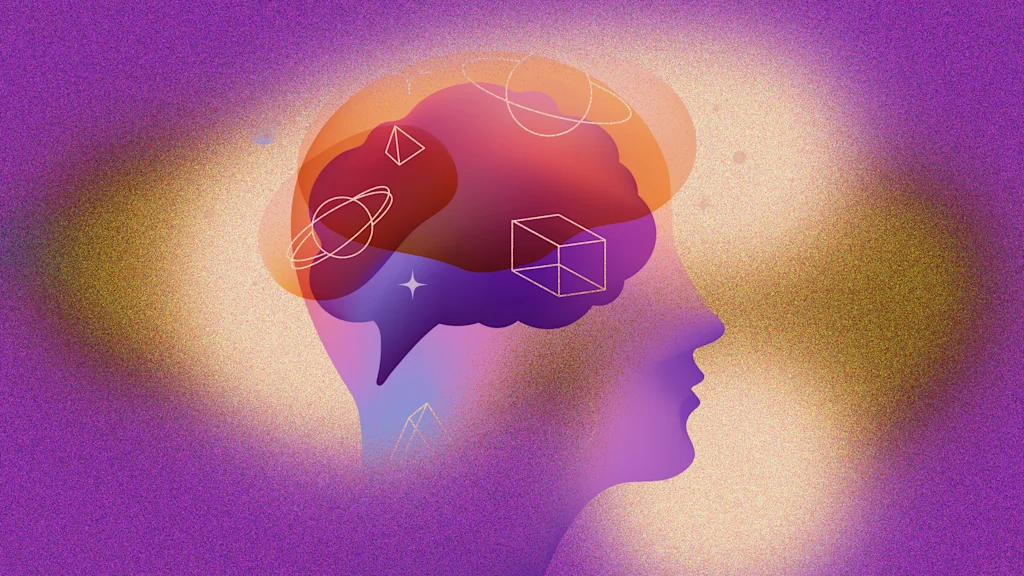
"Japanese psychology often likens attention to a flashlight. Wherever you shine this flashlight is where your focus and energy go. However, problems can arise when people shine this flashlight inwards for too long. They focus obsessively on their thoughts and emotions, and particularly those related to things outside of their control. Another common tendency that causes problems is shining the flashlight on other people's behavior, the past, or the future. These are all inherently uncontrollable areas."
"In a 2020 study by Lucas LaFreniere and Michelle Newman, the researchers asked participants with generalised anxiety disorder (GAD) to track their worries over time through a journal. When they then looked back on those journal entries, they found that 91.4 per cent of their worries never came true. What's even more striking is that 30 per cent of the worries that did come true turned out better than expected."
Japanese psychology uses a flashlight metaphor to explain attention: focus and energy flow where attention is directed. Prolonged inward focus on thoughts and emotions about uncontrollable matters fosters obsessive worry. Directing attention toward other people's behaviour, the past, or the future fixes attention on inherently uncontrollable areas. Such fixation produces mental loops that obstruct problem-solving, and past fixation can generate guilt, regret, and depression. Excessive future focus and attempts to predict every negative outcome create anxiety. A study of people with GAD found 91.4% of recorded worries never occurred and 30% of realised worries were better than expected. Redirecting attention toward controllable, solution-oriented thinking conserves mental energy.
Read at Fast Company
Unable to calculate read time
Collection
[
|
...
]